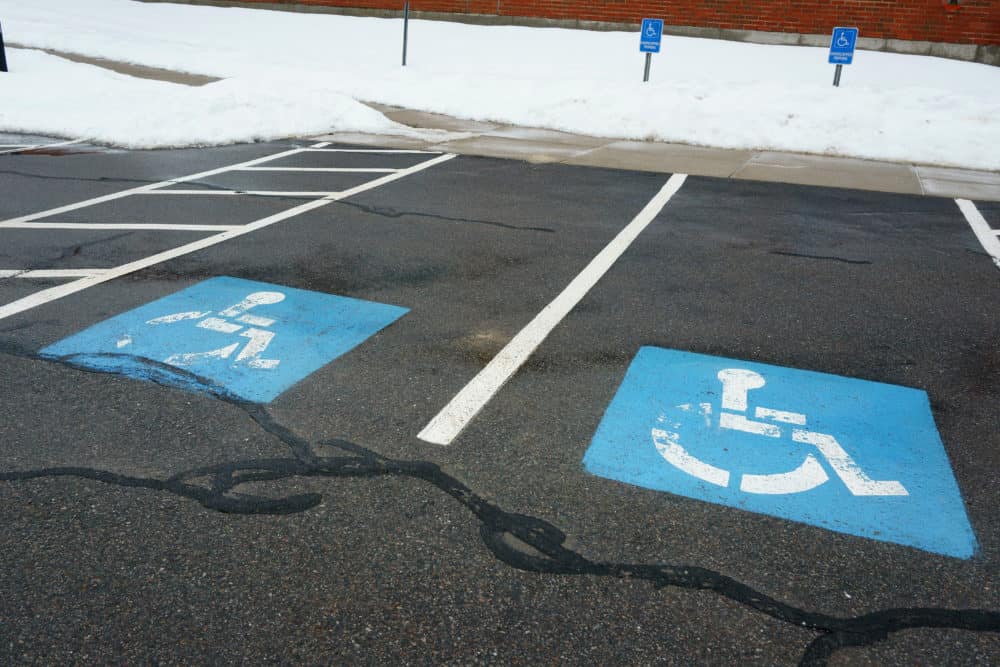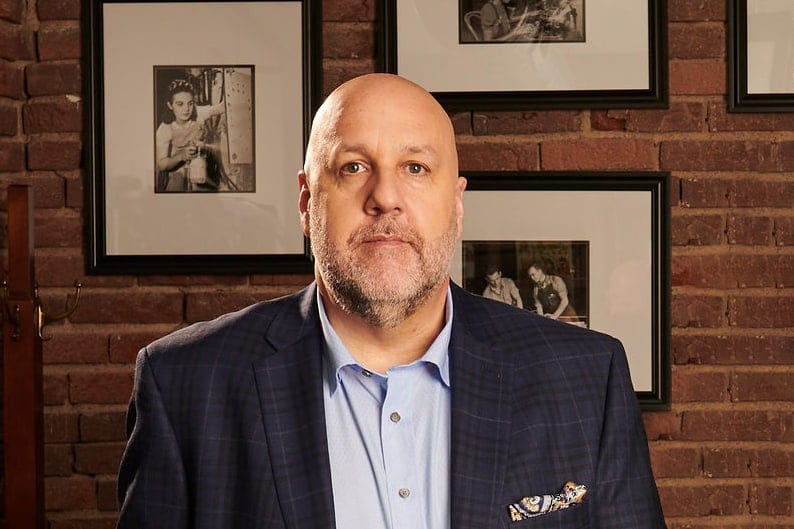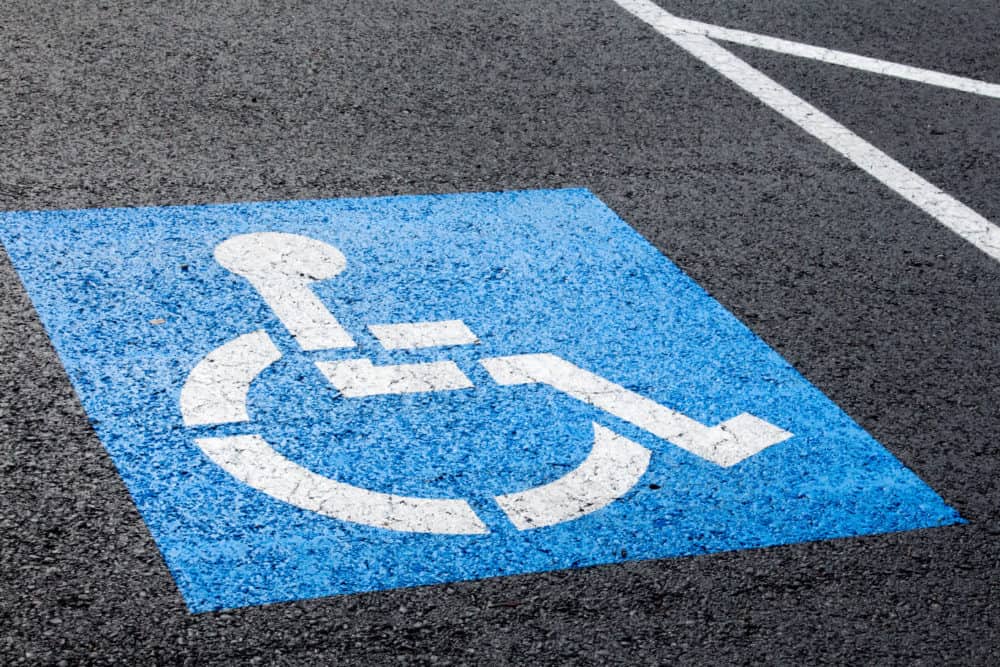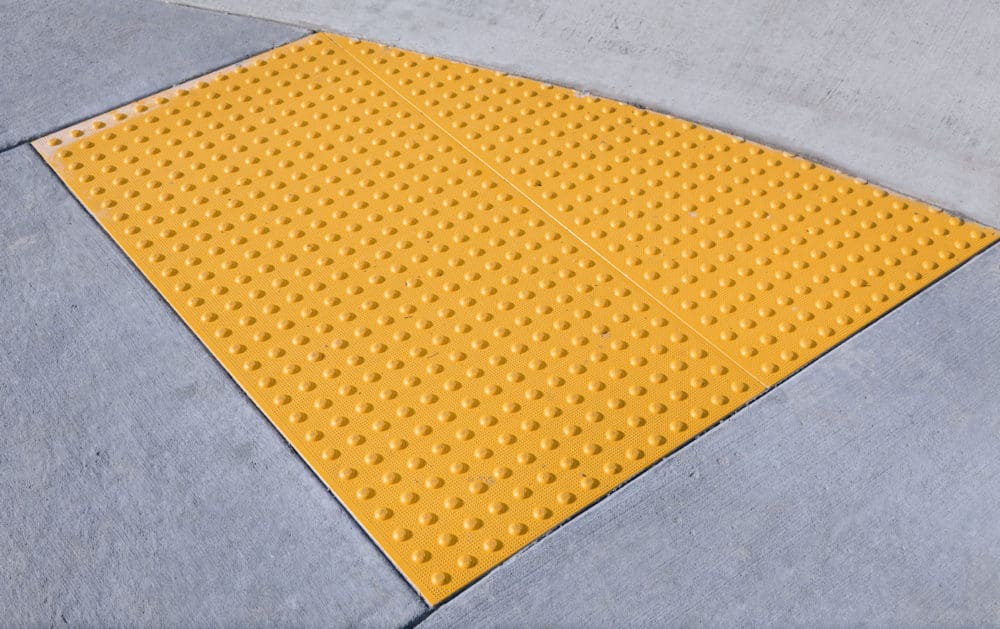Federal Court Holds That Commercial Websites Are Public Accomodations
On April 21, 2017, the Honorable Arthur J. Schwab, sitting in the Western District of Pennsylvania, entered a Consolidated Memorandum Opinion and Order denying motions to dismiss filed by Churchill Downs Incorporated and AmeriServ Financial Bank. Plaintiffs in both cases -- Lisa Frazier, R. David New and Access Now Inc. -- are blind individuals who attempted to use various websites owned and operated by Churchill Downs and AmeriServ but could not because the websites are inaccessible in violation of the ADA. Plaintiffs, by way of their Complaints, asserted that a permanent injunction is necessary to ensure Defendants’ websites will become, and will remain accessible to Plaintiffs and other blind or visually impaired individuals.
Churchill Downs and Ameriserv each moved to dismiss Plaintiffs’ Complaints relying largely on the same underlying arguments -- that because the websites are not “places of public accommodation” under Title III of the ADA, Defendants cannot be said to have violated the ADA by virtue of their inaccessible websites. In a thorough and well-reasoned Opinion, Judge Schwab highlighted the purpose of the ADA based on its legislative history:
The purpose of Title III of the ADA, is “to bring individuals with disabilities into the economic and social mainstream of American life . . . in a clear, balanced, and reasonable manner.” H.R.Rep. No. 485, 101st Cong., 2d Sess., pt. 2, at 99 (1990), reprinted in 1990 U.S.C.C.A.N. 303, 382. In drafting Title III, Congress intended that people with disabilities have equal access to the array of goods and services offered by private establishments and made available to those who do not have disabilities. S.Rep. No. 116, 101st Cong., 1st Sess. at 58 (1989).
Consistent with the statutory language of the ADA and case law in the 1st Circuit, 3rd Circuit and others, Judge Schwab held that because Plaintiffs’ were subject to discrimination at property which Churchill Downs and AmeriServ own and operate, and through which they offer their services, Churchill Downs and AmeriServ may be liable under Title III of the ADA.
Lynch Carpenter Wins $24 Million Dollar Award On Behalf Of Certified Class Of Mortgage Borrowers Following 13 Day Federal Court Arbitration
On March 24, 2017, a three judge panel awarded $24 million dollars to a certified class of mortgage borrowers represented by Lynch Carpenter.The award followed a 13 day arbitration trial conducted in the federal courthouse in Pittsburgh. The panel of arbitrators included a former judge from the United States District Court for the Western District of Pennsylvania and two former litigation department heads at AmLaw 100 law firms.Bruce Carlson was co-lead counsel for the class and Carlson along with his partner Gary Lynch led the Lynch Carpenter trial team that tried the case. This arbitration award represented the culmination of more than ten years of litigation, including three trips to the United States Court of Appeals for the Third Circuit and the certification of a RICO class which was affirmed by the Third Circuit. Judge Arthur Schwab was the presiding judge in the District Court.
Third Circuit Affirms Class Certification In Nationwide Mortgage Fraud Action Against PNC Bank
On July 29, 2015, the Third Circuit issued a 62 page precedential opinion affirming a class certification order that had been entered in favor of 22,000 plus second mortgage borrowers and against PNC by Judge Arthur J.Schwab in the Western District of Pennsylvania. .
Bruce Carlson is co-lead counsel for this national class and presented oral argument on its behalf before the Third Circuit. Discovery in the case is largely complete and Carlson expects that the case will now proceed quickly to a jury trial. PNC has potential exposure of over 1 billion dollars in this matter.
Important Opinion Denying Motion To Dismiss Issued In ADA Parking Accessibility Case Filed By Lynch Carpenter Against Starbucks
On March 9, 2015, the United States District Court for the Western District of Pennsylvania (Mitchell, J.) issued an opinion denying a motion to dismiss filed by Starbucks in a case challenging the accessibility of parking lots at Starbucks restaurants. The opinion is significant in that it thoughtfully analyzes, and rejects, many of the defenses that have been historically asserted on behalf of defendants in barrier removal cases under Title III of the ADA. This case is part of Lynch Carpenter’s national initiative to improve parking accessibility for those individuals with mobility disabilities—the top priority for the Department of Justice’s ADA enforcement division. To that end, and working with the disability rights community, Lynch Carpenter files Title III cases with the objective of improving accessibility throughout a given public accommodation’s entire network of business locations—not just the location that was visited by a given disabled plaintiff. Bruce Carlson manages the disability rights group at Lynch Carpenter.
Lynch Carpenter Argues Eleventh Circuit Appeal
On February 4, 2015, CLSK attorney Jamisen Etzel presented oral argument in the Eleventh Circuit Court of Appeals on behalf of Plaintiff in Gomez v. Dade County FCU. The Eleventh Circuit panel was sitting in Miami for this argument session. Gomez is class action which seeks to enforce ADA regulations calculated to make ATM machines accessible to the blind and visually impaired. The district court granted defendant’s motion to dismiss on standing/mootness grounds.
Lynch Carpenter Files Complaint Seeking In Excess Of $250 Million In Insurance Coverage As Part Of Rescap Bankruptcy Settlement
On February 4, 2015, Lynch Carpenter filed a complaint in the Southern District of New York Bankruptcy Court asserting claims based upon the assignment of insurance rights to the class as part of the Kessler class action settlement. Bruce Carlson is co-lead counsel for the Kessler Class. In the Kessler settlement—which was also prosecuted in the bankruptcy court in the Southern District of New York—Rescap (the debtor in bankruptcy) agreed to pay the Kessler Class an allowed claim amount of $300 million to settle allegations that second mortgage loans made to the class included inflated fees as a result of an illegal kickback scheme. Currently, it is expected that the allowed claim amount settlement of $300 million will yield a payment of approximately $38 million dollars from the debtor to the Kessler Settlement Class. This coverage action that was filed by Lynch Carpenter on February 4th seeks to recover the difference between the $38 million that will be paid to the Kessler Class by the debtor and the $300 million allowed claim amount that was negotiated in the settlement. The defendants in the coverage action include Lloyd’s of London, Twin City Fire Insurance and Swiss Re International, SE, among others.
Gary Lynch Appointed As Co-Lead Counsel For Financial Institution Plaintiffs In Home Depot Data Breach Litigation
On February 2, 2015, a federal district judge issued an order appointing Gary Lynch to serve as Co-Lead counsel responsible for managing nationwide litigation against Home Depot. All cases stemming from the data breach at Home Depot have been consolidated before U.S. District Judge Thomas W. Thrash in the Northern District of Georgia. Lynch Carpenter was initially retained by numerous financial institutions which have suffered readily quantifiable damages as a result of the data breach. Co-Lead Counsel will direct and manage proceedings on behalf of all financial institution plaintiffs.
Court Recommends That Cracker Barrel Motion To Dismiss Be Denied
On January 5, 2015, the United States District Court for the WDPA (Mitchell, J.) issued a Report and Recommendation suggesting that a motion to dismiss filed by defendant Cracker Barrel Old Country Stores, Inc. be denied. The motion sought dismissal of a class action complaint filed by Lynch Carpenter on behalf of a plaintiff with a mobility disability. In the complaint, Lynch Carpenter alleged that parking lots at defendant’s restaurants have slopes in their accessible parking spaces that violate the requirements of the ADA. Cracker Barrel has appealed the Report and Recommendation to Judge Hornak.
Giant Eagle Motion To Dismiss Denied
On December 3, 2014, the United States District Court for the Western District of Pennsylvania (Eddy, J.) issued an opinion and order denying a motion to dismiss filed by Giant Eagle, Inc. The motion sought dismissal of a class action complaint filed by Lynch Carpenter on behalf of a plaintiff with a mobility disability. In the complaint, Lynch Carpenter alleged that parking lots at defendant’s grocery stores have slopes in their accessible parking spaces and paths of travel that violate the requirements of the ADA. The case subsequently settled.
Court Denies Targets Motion To Dismiss Financial Institution Cases In Data Breach MDL
As reported previously, Gary Lynch was elected to the Executive Committee managing litigation on behalf of a putative class of financial institutions that is pending before Judge Magnuson in the United States District Court for the District of Minnesota. On December 2, 2014, the Court issued a decision denying almost all of the arguments advanced in Target’s Motion to Dismiss the case. Developments in this case should be instrumental in shaping the body of law that is evolving in the wake of recent data breach incidents in this country.











